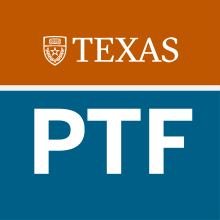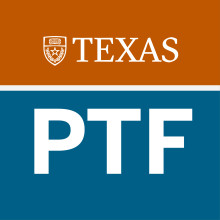Individual Fellow Initiatives

Common Ground: Strategies for Student Achievement in the Post-COVID Era
This initiative addresses the challenge of balancing student accomplishment with the necessary accommodations for student success, particularly in the post-COVID era. The project will collect empirical data from students, faculty, and advisors at the Moody College of Communication to explore how to maintain high academic standards while incorporating essential accommodations for students facing challenges such as mental health issues, food insecurity, and housing instability.

Implementing Computational Modules into the Materials Science and Engineering Undergraduate and Graduate Curricula
The development of increasingly powerful computational resources has made computational competencies new core forms of literacy that should be formed as part of basic education across all STEM fields.

SafeTeach Collaborative
The SafeTeach Collaborative is a learning community that aims to improve faculty and graduate students' ability to handle classroom safety issues by developing their knowledge, self-efficacy, and instructional strategies. The program utilizes interactive methods including role-play exercises, scenario-based learning, and case study analyses to engage participants in realistic safety situations. The project's design fosters peer support networks, ideally providing participants with ongoing resources for addressing safety concerns.

Disability Justice as Pedagogical Practice
Within social work curriculum, the topic of disability is either explicitly absent or medicalized. The lack of a rich understanding of disability as a cultural experience that intersects with other cultural experiences is concerning given our ethical guidelines of cultural competence and equity. Additionally, not only are students excluded via this omission, but so are faculty, staff, and social workers working in the field. Approximately a quarter of the population identifies as having a disability, yet our curriculum barely acknowledges their experiences.

Compassionate Pedagogy and Experiential Learning
The primary goal of this project is to enhance student engagement and participation in the learning environment, especially those who have may have been marginalized by conventional approaches to teaching. This project aims to support, encourage, and train faculty to incorporate compassionate pedagogy (CP) and experiential learning (EL) into their teaching, with the goal of promoting student connection and faculty creativity.

